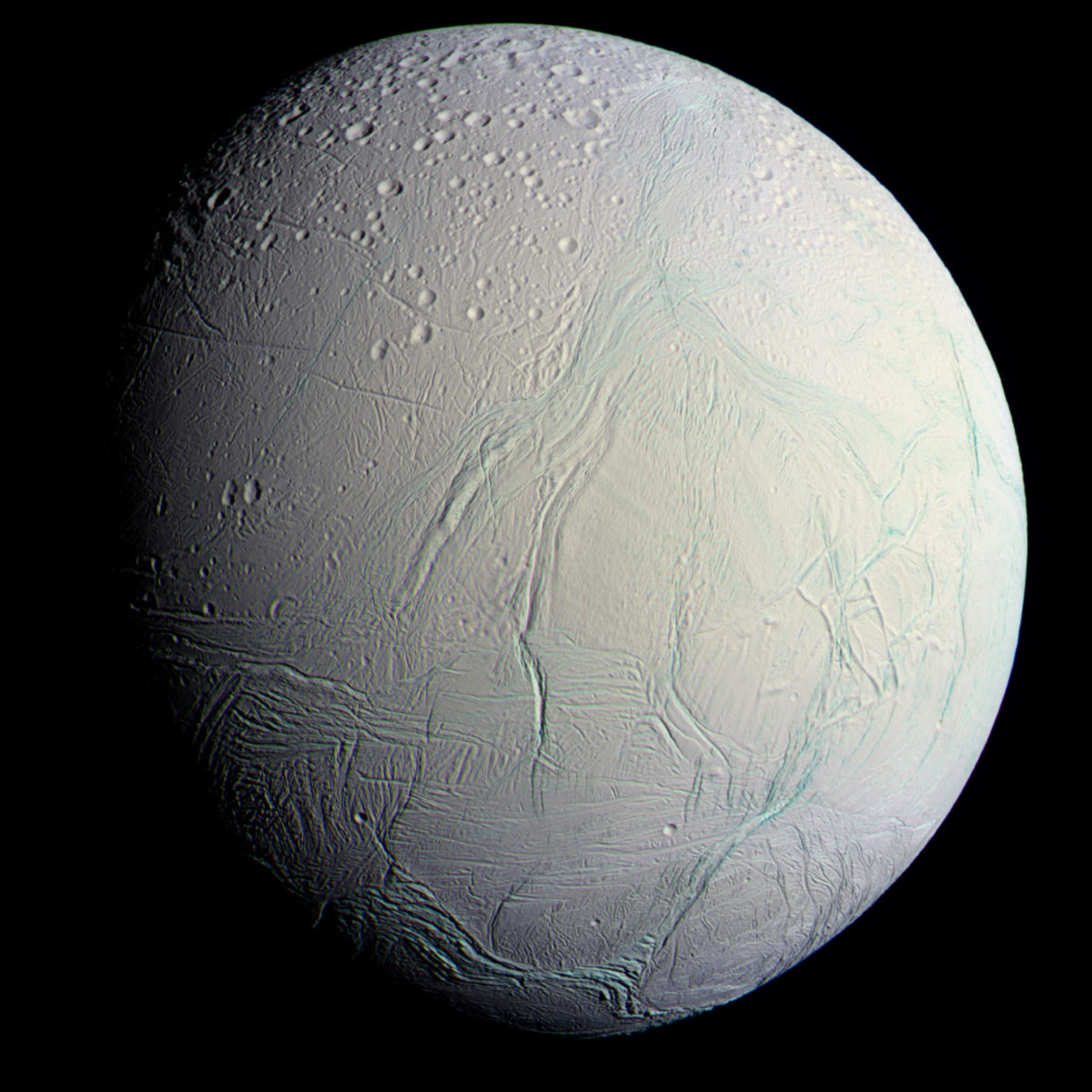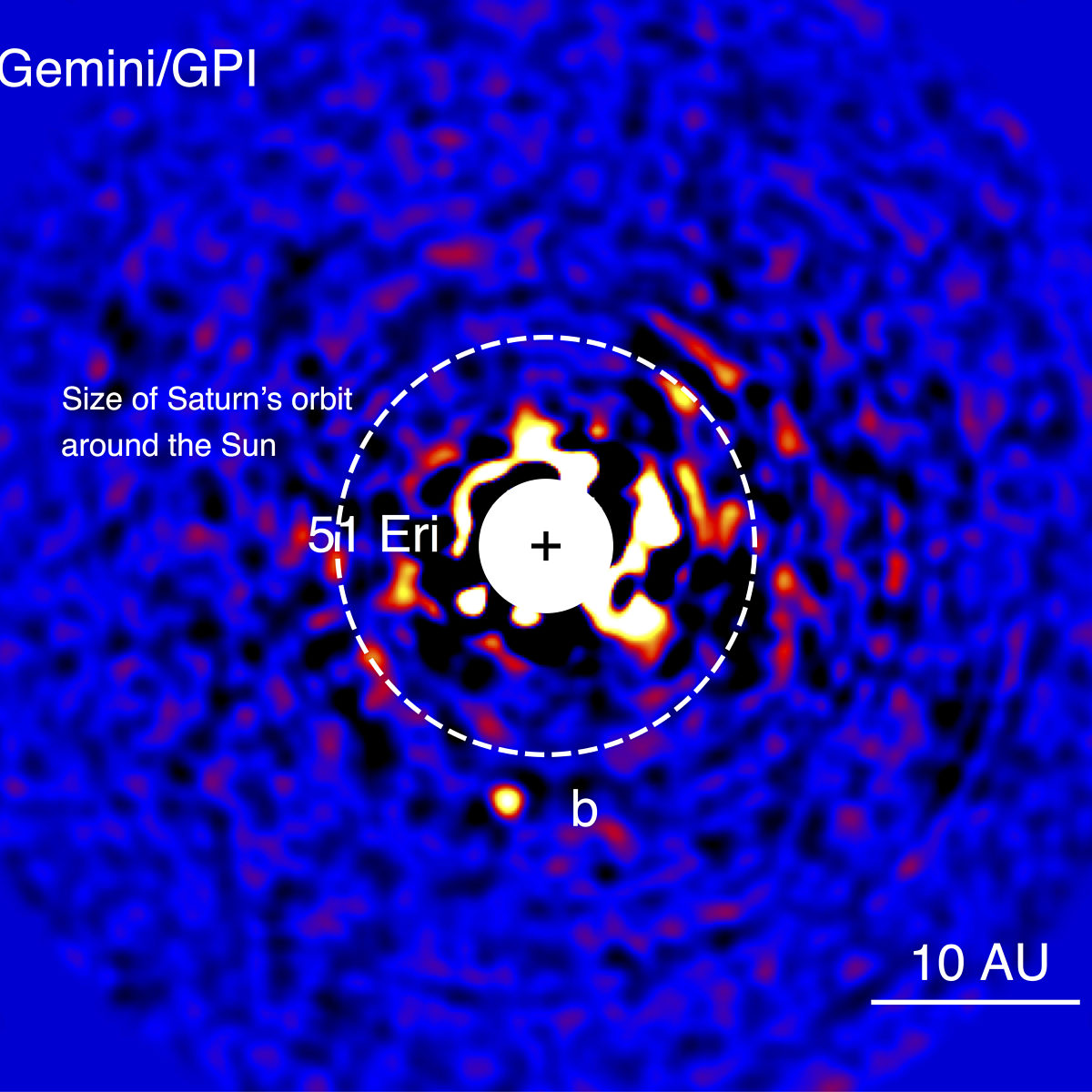
Franck Marchis
Senior Planetary Astronomer, SETI Institute & Chief Scientific Officer, Unistellar
Dr. Franck Marchis is a senior planetary astronomer and chair of the exoplanet group at the Carl Sagan Center of the SETI Institute and Chief Scientific Officer and Founder at Unistellar. He began full-time work at the Institute in June 2011 after leaving a joint position with Institute and the department of astronomy at University of California, Berkeley. Marchis moved to the United States in October 2000 shortly after getting a Ph.D. from the University of Toulouse in France that he acquired while traveling around the world for his research and for the sake of exploration.
Over the past nineteen years, he has dedicated his work to the study of our solar system, specifically the search for asteroids with moons, using mainly ground-based telescopes equipped with adaptive optics (AO). More recently he has been also involved in the definition of new generation of AOs for 8 -10 m class telescopes and future Extremely Large Telescopes. He has also developed algorithms to process and enhance the quality of astronomical and biological images. He is currently the collaboration manager of the Gemini Planet Imager Exoplanet Survey, which consists in imaging and characterizing Jupiter-like exoplanets using an extreme AO system designed for the Gemini South telescope.
Today, Marchis dedicates most of his energy to instruments capable of imaging and characterizing Earth-like exoplanets by being involved in education, public outreach, technology, and scientific investigations related to those ambitious projects both in the United States and in Europe. Marchis is also involved in startups related to astronomy so he joined Unistellar as a Chief Scientific Officer and VR2Planets as a scientific advisor in 2017. Marchis is a member of numerous science committees including the SETI Science council, the GPI steering Committee, the TMT Science Definition Team, PLOS One editor board, the Project Blue and the PLANETS Foundation Advisory board. He has co-authored more than 380 scientific publications, trained numerous students, and served as a science consultant and interviewee for numerous documentaries and movies in English, French, and Spanish. The asteroid (6639) was named Marchis in honor of his discovery of the first triple-asteroid system in 2007. He has been an affiliated Astronomer at Observatoire de Paris since 2003.
Latest Articles
One year ago, Franck Marchis wrote an article about the remarkable discovery of the TRAPPIST-1 system. Here's an update.
NASA's Cassini spacecraft sniffed out molecular hydrogen spewing from Enceladus' subsurface ocean. The discovery means Saturn's moon has all the basic ingredients needed to support life.
Scientists have found seven, Earth-size planets orbiting a star just 40 light years away. Three lie in the habitable zone and could have water on their surfaces.
Latest Planetary Radio Appearances
Pluto passed in front of a star on the evening of August 14. Mat Kaplan joined pro and amateur astronomers on a mountain to observe this rare event. It may reveal more about the dwarf planet’s tenuous atmosphere and other properties.
Franck Marchis is on the team that has delivered an actual image of a young, hot world about 100 light years from Earth. We talk with him on the 20th anniversary of the first exoplanet discovery.
Principal Investigator and physicist Bruce Macintosh joins astronomer Franck Marchis to celebrate first light from the most powerful instrument for imaging exoplanets.


 Explore Worlds
Explore Worlds Find Life
Find Life Defend Earth
Defend Earth






